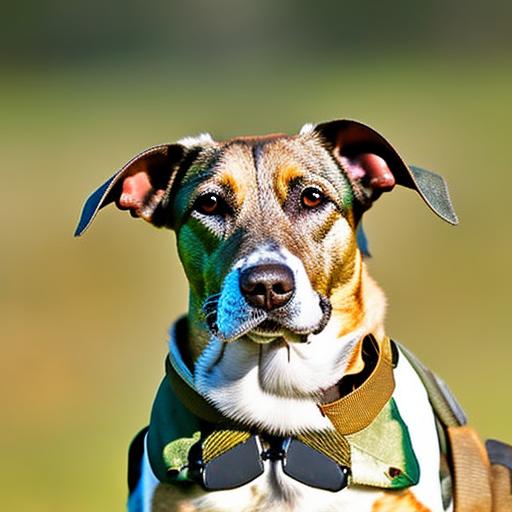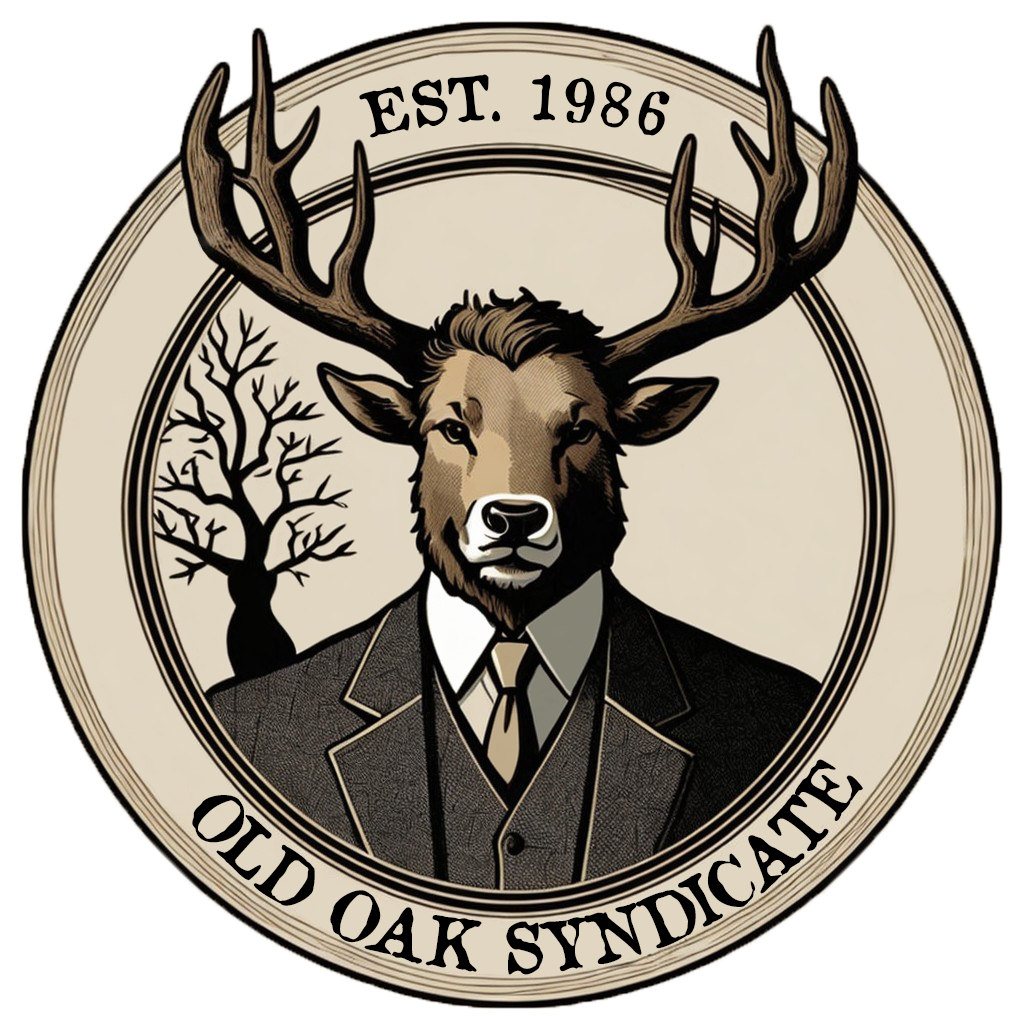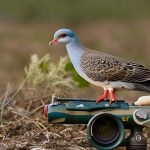Your cart is currently empty!

dogs for dove hunting

Dove hunting is a popular sport enjoyed by many hunters around the world. It requires skill, patience, and the right equipment to be successful. One important aspect of dove hunting is the role of dogs. Dogs play a crucial role in assisting hunters during the hunt, from scouting for birds to retrieving downed doves. Choosing the right breed and training your dog properly are essential for a successful dove hunting experience.
Key Takeaways
- Dogs play a crucial role in dove hunting, assisting with scouting and retrieval.
- Breeds such as Labrador Retrievers and English Setters are well-suited for dove hunting.
- Proper training techniques, including obedience training, are essential for a successful hunt.
- Understanding your dog’s role in the hunt can improve efficiency and enjoyment.
- Keeping your hunting dog safe and healthy is crucial for a successful season.
The Role of Dogs in Dove Hunting: An Overview
Dogs are invaluable companions in dove hunting. They have a keen sense of smell and excellent eyesight, which makes them ideal for locating and retrieving doves. During a hunt, dogs perform various tasks such as flushing out birds, marking downed doves, and retrieving them once they have been shot.
When it comes to flushing out birds, dogs use their natural instincts to locate and scare doves into flight. They can cover large areas quickly and efficiently, ensuring that no birds are missed. Once the doves are in the air, hunters can take their shots.
After a dove has been shot, dogs play a crucial role in marking the location where it fell. This is especially important in dense vegetation or tall grass where it may be difficult for hunters to locate the downed bird. Dogs can use their sense of smell to track and find the doves, making the retrieval process much easier.
Breeds of Dogs Suitable for Dove Hunting
There are several breeds of dogs that are well-suited for dove hunting. Some of the most popular breeds include Labrador Retrievers, German Shorthaired Pointers, and English Setters.
Labrador Retrievers are known for their excellent retrieving abilities. They have a soft mouth and a strong desire to please their owners, making them ideal for retrieving downed doves. Their friendly and outgoing nature also makes them great companions in the field.
German Shorthaired Pointers are versatile hunting dogs that excel in both pointing and retrieving. They have a keen sense of smell and are highly trainable, making them ideal for dove hunting. Their athleticism and endurance also make them well-suited for long days in the field.
English Setters are known for their ability to locate and point game birds. They have a gentle and calm temperament, which makes them easy to handle in the field. Their natural instincts and excellent scenting abilities make them valuable assets in dove hunting.
Training Your Dog for Dove Hunting: Tips and Techniques
Training your dog properly is essential for a successful dove hunting experience. Here are some tips and techniques to help you train your dog for dove hunting:
1. Start training early: It is important to start training your dog as early as possible. Puppies have a natural curiosity and eagerness to learn, which makes them more receptive to training. Begin with basic obedience commands such as sit, stay, and come.
2. Be consistent: Consistency is key when training your dog. Use the same commands and gestures consistently so that your dog understands what is expected of them. Reward good behavior with praise or treats, and correct any unwanted behavior immediately.
3. Introduce your dog to gunfire gradually: Dogs can be sensitive to loud noises such as gunfire. It is important to introduce your dog to the sound of gunfire gradually, starting with low-volume noises and gradually increasing the volume over time. This will help your dog become accustomed to the sound and prevent them from becoming gun-shy.
4. Practice retrieving: Retrieving is an important skill for a dove hunting dog. Start by teaching your dog to retrieve objects such as balls or toys. Gradually introduce dead birds or bird dummies, and reward your dog for successfully retrieving them.
5. Socialize your dog: Socialization is important for any dog, but especially for hunting dogs. Expose your dog to different environments, people, and other animals to help them become well-rounded and confident in various situations.
Understanding Your Dog’s Role in the Hunt: Scouting and Retrieval
Scouting and retrieval are two important tasks that dogs perform during a dove hunt. Scouting involves locating and flushing out birds, while retrieval involves finding and retrieving downed doves.
During scouting, dogs use their keen sense of smell and excellent eyesight to locate doves. They can cover large areas quickly and efficiently, ensuring that no birds are missed. Once the doves are in flight, hunters can take their shots.
After a dove has been shot, dogs play a crucial role in marking the location where it fell. This is especially important in dense vegetation or tall grass where it may be difficult for hunters to locate the downed bird. Dogs can use their sense of smell to track and find the doves, making the retrieval process much easier.
The Importance of Obedience Training for Dove Hunting Dogs
Obedience training is essential for any dog, but especially for hunting dogs. A well-trained dog is easier to handle in the field and can make the hunting experience more enjoyable for both the hunter and the dog.
Basic obedience commands such as sit, stay, come, and heel are essential for a hunting dog. These commands help to keep your dog under control and ensure their safety during a hunt. They also make it easier for you to communicate with your dog and give them directions when needed.
To teach your dog basic obedience commands, start with short training sessions and gradually increase the duration over time. Use positive reinforcement techniques such as praise or treats to reward your dog for successfully following commands. Be patient and consistent, and remember that training takes time and practice.
Best Practices for Keeping Your Hunting Dog Safe and Healthy
Keeping your hunting dog safe and healthy is essential for a successful dove hunting season. Here are some best practices to follow:
1. Provide proper nutrition: Feed your dog a balanced diet that is appropriate for their age, size, and activity level. Consult with your veterinarian to determine the best diet for your dog.
2. Keep vaccinations up to date: Ensure that your dog’s vaccinations are up to date to protect them from common diseases. Regular veterinary check-ups are also important to monitor your dog’s overall health.
3. Protect against parasites: Use flea and tick prevention products to protect your dog from parasites. Check your dog regularly for ticks and remove them promptly if found.
4. Provide plenty of water: Dogs can easily become dehydrated during a hunt, especially in hot weather. Make sure to provide plenty of fresh water for your dog to drink throughout the day.
5. Protect against the elements: In extreme weather conditions, take steps to protect your dog from the elements. Provide shade and shelter in hot weather, and use protective clothing or booties in cold weather.
Preparing Your Dog for a Successful Dove Hunting Season
Preparing your dog for a successful dove hunting season requires conditioning and practice. Here are some steps you should take:
1. Condition your dog: Gradually increase your dog’s exercise routine leading up to the hunting season. This will help build their endurance and prepare them for long days in the field.
2. Practice hunting scenarios: Set up mock hunting scenarios to simulate real hunting conditions. This can include hiding bird dummies or using scent trails to help your dog practice locating and retrieving birds.
3. Introduce distractions: Dogs need to be able to focus on their task even in the presence of distractions. Introduce distractions such as other dogs or loud noises during training sessions to help your dog stay focused on the task at hand.
4. Familiarize your dog with hunting equipment: Introduce your dog to hunting equipment such as decoys, blinds, and gun cases. This will help them become familiar with these items and reduce any anxiety they may have.
The Benefits of Hunting with a Well-Trained Dog: Efficiency and Enjoyment
Hunting with a well-trained dog offers several benefits. A well-trained dog can make the hunt more efficient and enjoyable for both the hunter and the dog.
A well-trained dog can cover large areas quickly and efficiently, ensuring that no birds are missed. They can locate and flush out birds, making it easier for hunters to take their shots. They can also mark the location where a dove falls, making the retrieval process much easier.
Hunting with a well-trained dog also enhances the overall hunting experience. The bond between hunter and dog is strengthened through training and working together in the field. The companionship and teamwork between hunter and dog can make the hunt more enjoyable and memorable.
Common Mistakes to Avoid When Training Your Dog for Dove Hunting
When training your dog for dove hunting, there are some common mistakes that hunters make. Here are some tips to avoid these mistakes:
1. Rushing the training process: Training takes time and patience. Rushing the training process can lead to frustration for both you and your dog. Take your time and be consistent in your training sessions.
2. Inconsistency in commands: Dogs learn through repetition and consistency. Using different commands or gestures for the same action can confuse your dog. Use the same commands consistently so that your dog understands what is expected of them.
3. Lack of socialization: Socialization is important for any dog, but especially for hunting dogs. Expose your dog to different environments, people, and other animals to help them become well-rounded and confident in various situations.
4. Neglecting obedience training: Obedience training is essential for a hunting dog. Neglecting obedience training can lead to a lack of control in the field, which can be dangerous for both you and your dog. Make sure to prioritize obedience training in your training sessions.
The Bond Between Hunter and Hunting Dog: A Special Relationship
The bond between a hunter and their hunting dog is a special one. Through training and working together in the field, a strong bond is formed between the hunter and the dog.
The companionship and teamwork between hunter and dog can make the hunt more enjoyable and memorable. The trust and reliance that develop between the hunter and the dog create a unique partnership that enhances the overall hunting experience.
The bond between hunter and hunting dog extends beyond the hunt itself. Dogs are loyal companions that provide comfort and companionship to their owners both in and out of the field. The special relationship between hunter and hunting dog is one that is cherished by many hunters.
Dogs play a crucial role in dove hunting, from scouting for birds to retrieving downed doves. Choosing the right breed and training your dog properly are essential for a successful dove hunting experience.
By understanding the role of dogs in dove hunting, choosing the right breed, and providing proper training, you can enhance your hunting experience and create a strong bond with your hunting dog. So, consider the role of dogs in dove hunting and take the time to train your dog properly for this exciting sport.
If you’re an avid dove hunter and looking to enhance your hunting experience with the help of a trusty canine companion, you won’t want to miss this informative article on the Old Oak Syndicate website. They have a fantastic piece that delves into the importance of well-trained dogs for dove hunting. From understanding the different breeds suitable for this type of hunting to tips on training and handling, this article covers it all. Check it out here and get ready to take your dove hunting game to the next level!
FAQs
What is dove hunting?
Dove hunting is a type of bird hunting that involves shooting doves for sport or food.
What breeds of dogs are commonly used for dove hunting?
Breeds commonly used for dove hunting include Labrador Retrievers, English Springer Spaniels, and German Shorthaired Pointers.
What is the role of a dog in dove hunting?
Dogs are used in dove hunting to retrieve downed birds, as well as to locate and flush out birds for the hunter to shoot.
What training is required for a dog to be used in dove hunting?
Dogs used in dove hunting require training in obedience, retrieving, and bird hunting skills. They should also be trained to work well with their handler and to follow commands.
What equipment is needed for dove hunting with a dog?
Equipment needed for dove hunting with a dog includes a shotgun, ammunition, a hunting vest, a whistle, and a leash. The dog may also require a hunting collar and a bird bag for carrying retrieved birds.
What should be considered when selecting a dog for dove hunting?
When selecting a dog for dove hunting, factors to consider include breed, temperament, hunting ability, and trainability. It is also important to consider the dog’s health and physical fitness for the demands of hunting.

Herb has been a longtime lover of the outdoors. Whether it be hunting, camping, fishing or just getting outside to reset. Proud father and animal lover. Bourbon anyone?

by
Tags:
Comments

Categories
- Big Game Hunting (301)
- Deer (202)
- Reviews (3)
- Shooting (16)
- Slingshot (1)
- Small Game Hunting (42)
- Upland Hunting (126)
- Waterfowl Hunting (3)





Leave a Reply